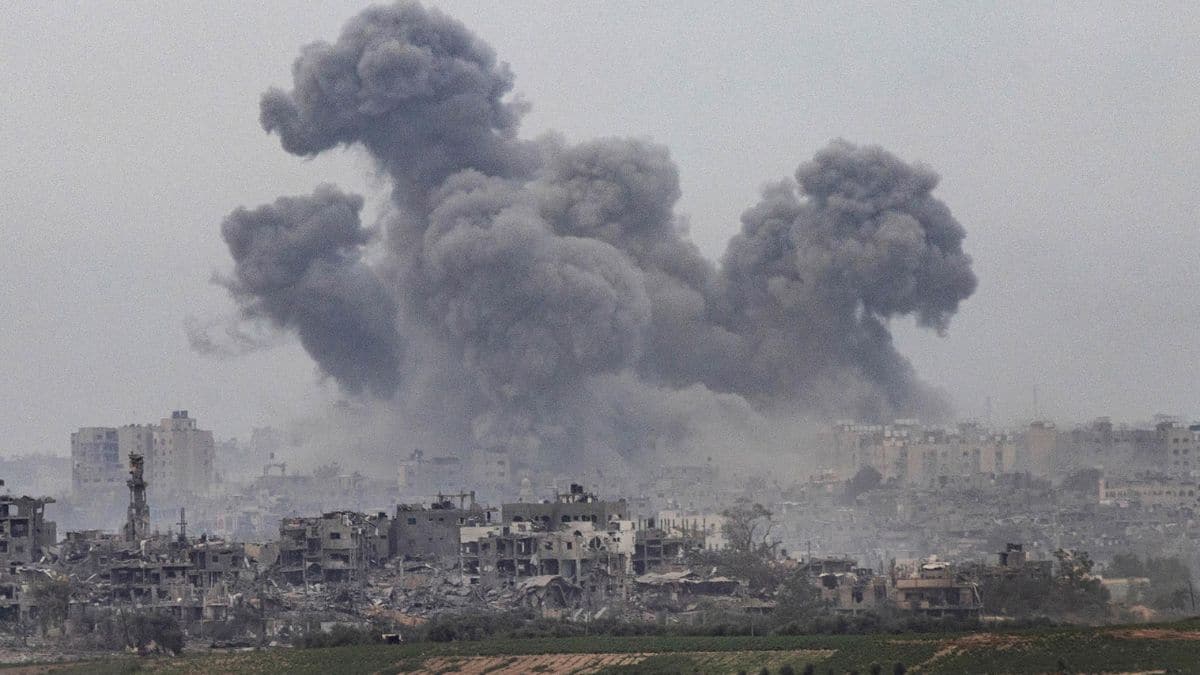Diplomatic efforts have intensified in a bid to avert a major escalation in the Middle East, following the assassinations of key figures from Hamas and Hezbollah. The region is on high alert, with concerns that retaliatory actions by Iran and its ally Hezbollah against Israel could lead to a broader conflict.
Last week’s high-profile killings of Hamas chief Ismail Haniyeh in Tehran and senior Hezbollah military commander Fouad Shukr in Beirut have heightened fears of a widespread war. Shukr and an Iranian military associate were killed in an Israeli strike on a densely populated neighbourhood in Beirut’s southern suburbs on Tuesday night, which also resulted in the deaths of three women and two children, along with numerous injuries. Hours later, Haniyeh was killed in an explosion at his residence in Tehran following the inauguration of Iran’s President Masoud Pezeshkian.
Israel has acknowledged carrying out the drone strike that killed Shukr but has not claimed responsibility for the attack on Haniyeh. Hezbollah and Tehran have both pledged to take retaliatory action against Israel.
The region is already embroiled in conflict due to the Israeli war in Gaza, which has drawn in states and militant groups from Yemen and Iraq to Lebanon and Syria.
“Everyone is trying to avoid the big explosion. “The Lebanese government is coordinating with Western and Arab capitals to evaluate the latest developments,” a Lebanese political source informed The National.
In a historical context, last April, Iran launched an unprecedented drone and missile barrage against Israel in retaliation for an April 1 attack on its Damascus consular section, resulting in the deaths of two senior generals.
U.S. Secretary of State Antony Blinken has warned G7 counterparts that Iran and Hezbollah could launch attacks on Israel as early as Monday, according to an Axios report citing three sources. Blinken held a conference call to coordinate with U.S. partners to apply pressure on Iran and Hezbollah to scale down any retaliation.
Political sources in Beirut told The National last week that Western envoys have indirectly offered incentives to Hezbollah and its allies in Lebanon to ensure that their response does not escalate into a full-scale war.
Two Killed in Lebanon
Amid fears of escalation, the U.S. has advised its citizens to depart Lebanon and has strengthened its military presence in the Middle East. White House National Security Council spokesperson Jonathan Finer emphasized that the aim is to ease regional tensions, prevent attacks, and avert a wider conflict.
In a phone call with Israeli Minister of Defense Yoav Gallant, U.S. Secretary of Defense Lloyd Austin highlighted the significance of adopting a “defensive force posture” to safeguard U.S. interests. forces and emphasized efforts to de-escalate regional tensions. He also expressed support for a Gaza ceasefire deal that would secure the release of hostages.
Jordanian Foreign Minister Ayman Safadi has also been involved in diplomatic efforts, discussing Middle East tensions with Iranian officials in Tehran. This visit marks the first official trip by a senior Jordanian official to Iran since 2004. Safadi emphasized the need for dialogue to mitigate regional differences and prevent further escalation.
Meanwhile, the conflict continues. According to the Lebanese National News Agency, Israeli airstrikes resulted in the deaths of two individuals in the village of Meiss El Jabal in southern Lebanon on Monday. Hezbollah claimed responsibility for a drone attack on northern Israel that injured two Israeli soldiers and ignited a fire, targeting a military base in retaliation for Israeli strikes in southern Lebanon.
Analysts warn that in the event of a new conflict, Israel could launch thousands of airstrikes against targets in Lebanon, including civilian-populated areas, as witnessed during the 2006 war and the ongoing conflict in Gaza.

